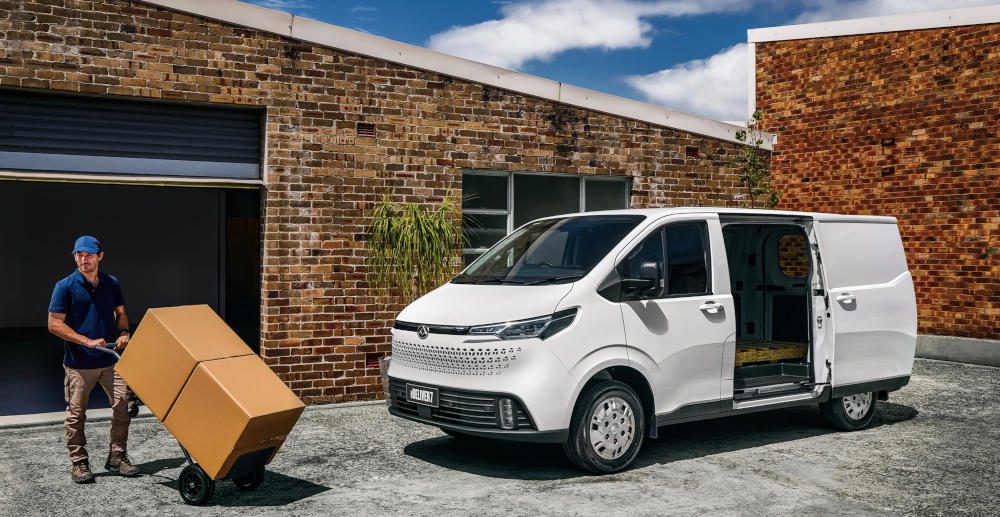A new report published by business consultancy Mov3ment has revealed that the total cost of ownership for light urban delivery trucks is already close to diesel, even without subsidies.
Mov3ment, a Brisbane based business consultancy, last week published what it believes to be a “first-of-its-kind resource” to help Australian fleet operators, suppliers, and policymakers, navigate the electric truck market.
The Electric Truck Report – produced in partnership with charging company Jet Charge and non-profit A2EP – provides a comprehensive but easily digestible analysis of model availability, suitability, financial viability, and charging considerations.
An analysis of total cost of ownership (TCO) for six example truck applications – including urban delivery, supermarket home delivery and distribution, regional, and waste collection – is simplified by an easy-to-use viability matrix.
For example, and representing one of the key findings from the report, light duty trucks and vans used for urban delivery and supermarket home delivery have come down in price enough that they are beginning to be competitive with diesel alternatives.
The graph below compares electric vehicle price versus typical annual mileage to reveal the cost competitiveness of electric trucks against diesel.

Mov3ment concludes that possible van options are available at lower prices if the range is suitable.
And the increasing availability and affordability of electric truck and van models is helping drive uptake, with options growing four-fold in the last two years, helping to triple sales in 2023.
Adoption by big-name brands like Woolworths, Ikea, and Australia Post – all of whom are aiming to electrify the last-mile of delivery by 2030 – also demonstrate the benefits of electrifying truck and van fleets.
The report, which serves dual purpose of being an industry primer and information knowledge base, also includes a full list of electric trucks and vans that are currently available for purchase and the companies using them, another list of models that are expected to be landing in Australia soon, as well as information on charging considerations.
A comprehensive list of next steps including how to select a vehicle and plan for fleet charging provides a potentially invaluable cheat sheet for those looking to make the transition to electric trucks or who are convinced of the possibility by the report’s contents.
“Most freight fleets have dozens of time-critical jobs to do just to keep the wheels turning,” said Mark Gjerek, managing director of Mov3ment.
“They just don’t have the people or time to do endless research in such a rapidly changing market. So we put as much useful information as we could into a short, simple resource to get them started.
“As independent experts we’re not selling any products here, just filling an information gap. We think this is a unique, first-of-its-kind resource to help not just fleets, but industry suppliers like charging providers, as well as government policymakers and the public.”
Joshua S. Hill is a Melbourne-based journalist who has been writing about climate change, clean technology, and electric vehicles for over 15 years. He has been reporting on electric vehicles and clean technologies for Renew Economy and The Driven since 2012. His preferred mode of transport is his feet.


